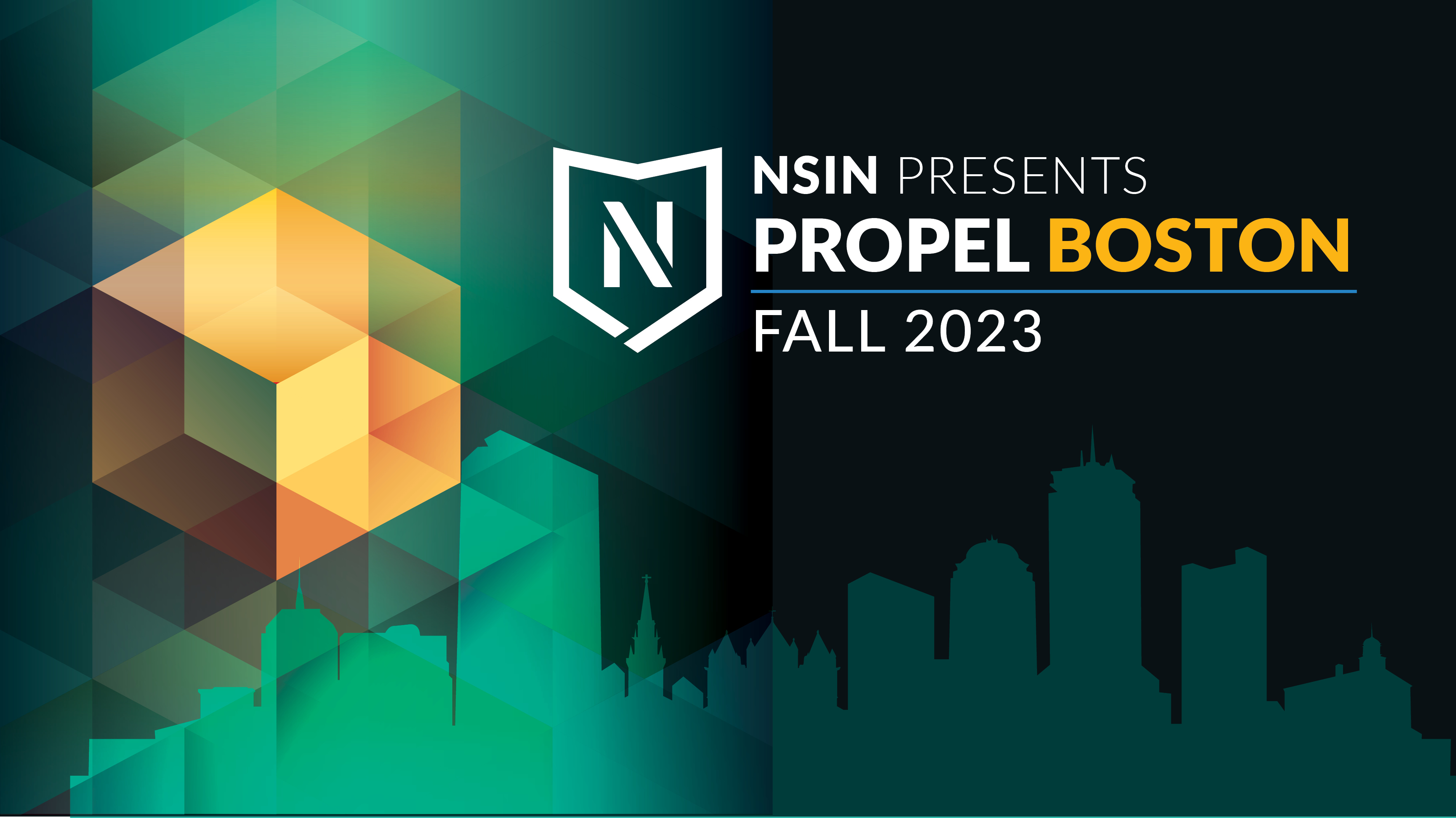
Ventures Bring New Tech Solutions to Special Operations Forces

A cohort of twelve ventures selected for NSIN Propel Boston 2023 are delivering their commercial innovations to advance the readiness of Special Operations Forces (SOF) for integrated deterrence, crisis, and conflict.
The selected startups will bring their commercial technologies for digital mission engineering, human-machine interfaces, and autonomous systems to the accelerator. During the process, the cohort will work alongside the United States Special Operations Command (USSOCOM), the Special Operations Forces Acquisition, Technology, and Logistics (SOF AT&L), and the Directorate of Science and Technology (S&T) to design national security applications from their innovations.
NSIN Propel Boston aims to lower barriers to entering the defense industrial base for companies by attracting investment from trusted private capital and government end-users seeking further engagement with cohort members.
Over the next three months, the cohort will directly engage with Department of Defense (DoD) end-users to better understand real-world challenges, build a foundation for doing business with the DoD, and work closely with the NSIN Propel team to gain access to a robust network of private investors and commercial partners.
Meet the NSIN Propel Boston Cohort
- Apeiron Labs - Apeiron Labs improves the scale at which SOF can conduct intelligence, surveillance, and reconnaissance (ISR) operations. The venture provides a low-cost, buoy system to advance data capture volume while reducing carbon footprint.
- Atolla Tech - Atolla Tech improves the speed with which SOF can detect and classify small-unmanned aerial systems (UAS). The venture provides a light detection and ranging (LiDAR)-based sensing system that quickly detects and classifies objects in flight.
- Cleo Robotics - Cleo Robotics allows SOF to conduct ISR operations indoors, in confined spaces, and in global positioning system (GPS) denied environments, improving situational awareness in dense urban settings.
- Cyvl.ai - Cyvl.ai enables SOF to improve readiness by enabling quick, automated infrastructure monitoring with ready-to-deploy sensors and artificial intelligence (AI)-powered mapping.
- EARTH XYZ Inc. - EARTH XYZ improves ISR operations by increasing the speed and detail with which SOF can gather insights from geospatial data. Their generative AI-powered platform can be set to detect surface properties such as oil spills, water quality, and more, allowing the Forces to remain informed whether they are planning for action or responding to crises.
- Irradiant Technologies Inc. - Irradiant Technologies enables improvements to the size and weight of SOF equipment with a novel nano-fabrication technique. The technique has several potential applications, including in optics, biointerfaces, and mechanical metamaterials.
- Krtkl inc. - Krtkl allows the SOF to conduct operations more quickly and efficiently with software-defined, dual-use edge computing solutions for ‘hard’ real-time robotics, sensing, and space systems.
- Lexset.ai - Lexset.ai improves the function of SOF unmanned systems with high quality, photorealistic synthetic training data for computer vision algorithms. The improved training allows for improvements like better object detection accuracy.
- Mesodyne Inc. - Mesodyne gives SOF better access to electricity in austere environments by enabling portable, efficient, quiet, and reliable power generation. Their novel generator can convert various fuel types into electricity via light.
- Non-Von LLC - Non-Von helps SOFto work with AI tools more efficiently by improving the interface between algorithms and hardware. The system reduces computing costs and improves performance by allowing many independent processing streams instead of a single memory unit.
- TeraDAR - TeraDAR improves operator effectiveness with its perception sensors designed to ease radio frequency silicon and system integration challenges. The technology helps improve collaboration and communication across mission planning, logistics, training, and operations.
- Vyir Inc. - Vyir improves SOF surveillance and target detection capabilities by allowing the Forces to leverage high-resolution infrared (IR) at scale. Their low cost, disposable, and easily integrated IR cameras enable the technology to achieve wider deployment.
About National Security Innovation Network
NSIN is a program office in the U.S. Department of Defense, nested within the Defense Innovation Unit (DIU). We are set up to collaborate with a wide variety of innovators to include universities, researchers, students, entrepreneurs and start-ups. We create opportunities for collaboration across communities and connect those that might not traditionally work in national security. Together, we help drive national security innovation and develop technologies that directly support the individuals responsible for protecting our country.
For more information or interview requests with Team NSIN, please contact us at media@nsin.mil.